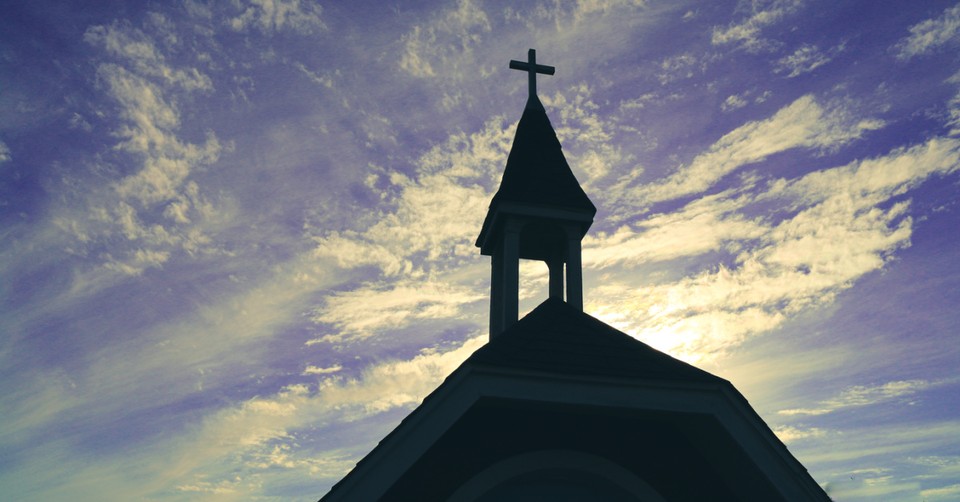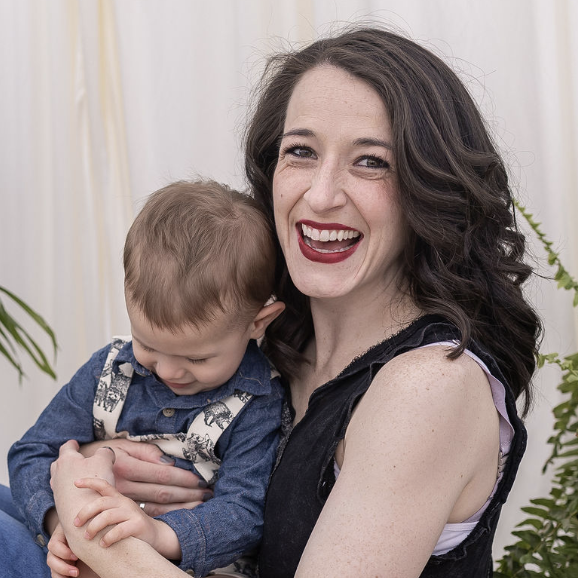My Reckoning with Fundamentalism

I knew no Jesus outside the one stuck solely between the pages of the King James Bible, a Jesus who leaned a merciful ear once women adhered to the proper skirt length and kept their questions regarding theology and church finances to themselves. Yet, I was supposed to irrevocably cling to the God of John 3:16, the One with limitless love that longs for reconciliation with the worst of sinners.
Of course, I will never understand the full depth and character of God. His irrational, wild, lovely ways are far beyond my comprehension. Yet, this seeming paradox left me unsettled. I had to get to the bottom of who God was to discover what I would do with Him once I better grasped His character.
This required me to walk away from the fundamental church I was raised in, the one that dictated my view of right and wrong for the first sixteen years of my life. Breaking away from all I had known, though suffocatingly religious, felt wrong, but staying within the confines of a church ruled by legalism felt impossible.
For the next eleven years, my soul churned with a simple but life-changing thought: God is either a God of perfection or grace. He can’t be both. And whichever one He is will determine everything you are from now until eternity.
Eventually, I discerned that my God is a God of the latter, the Author, Perfecter, and Lover of graciousness, and though I could chase this beautiful rabbit trail and rant on about His goodness and wonders, I want to pause and reflect on the grace He has offered me to, in a sense, forgive the fundamental background I was raised in.
Furthermore, a piece of me is now grateful for the rigid, fear-based theology I was told to obey.
It has cultivated my faith, producing patience, empathy, and gratefulness I wouldn’t know without the harsh rules that clouded childhood Sunday School stories and youth group retreats.
Whether you were a “fundy” or are simply curious about this unique denomination within the Christian faith, it would be my honor to share a few things about fundamentalism that, after wrestling with my faith background and even seeking Christian therapy for guidance, I can thank God for, deep in my soul.
1. Empathy for Those Who Desire Approval
Many of my fellow fundamental churchgoers had a true desire to be enough for God. Obedience was their spiritual love language, but it tilted too far until it spilled out and muddied the waters of grace. Often, they never understood that their desperation for approval created a relationship established on the shaky ground of performance.
When I reflect on the human relationships I have cultivated in my life, I see a similar pattern. To be the teacher’s pet, I followed the rules. I faithfully walked behind the line leader. I never spoke out of place. I turned in all my homework on time. I didn’t perform these tasks because the rules offered a better education but because I wanted the teacher to love me. I had a deep need for approval, and I was willing to keep my head down and my mouth shut to confirm that I was loved, valued, and good enough.
To win a second date, I learned to control what I said and how I said it. I adopted his hobbies as my hobbies. His likes and dislikes became mine. I filtered my identity to match what I thought would grant acceptance and provide me with a secure, safe relationship. I became whatever I thought would seal the relational deal and left little room to think through how this desperate routine damaged my heart and never produced an authentic relationship.
The rules and regulations within the church that had made me near-bitter were the same performance-based rituals I applied in other areas of my life. It has taken years of hard lessons and tears, but I can see my hypocrisy now and better appreciate those in the fundamental church who simply want God’s approval–even when they seek it in the wrong ways.
2. The Healing Nature of Hymns
My childhood church only allowed a piano and an organ. Other instruments, particularly the electric kind, were deemed disrespectful and self-serving. Needless to say, I wasn’t introduced to many contemporary Christian songs; it was always the old hymns in the little red book that guided our worship time.
In my teens, this was a nuisance. Not only did these songs offer no means of rhythm and entertainment, but they contained words, phrases, and “thees” and “thous” that left me lyrically lost. I was bored by this form of worship that seemed of the utmost reverence and respect to everyone else filling the red-cushioned pews.
However, once I learned to look at hymns through the lens of old saints longing for peace with God, I discovered the medicinal balm of the lyrics. Now, I find myself humming along to their instrumental tunes in Hobby Lobby. I cling to every word of “Come Thou Fount.”
Hymns are no longer songs I have to sing because the other songs are “wrong,” but they are the groanings of believers who knew their hearts were prone to wander yet begged for Jesus to bind their souls to Him forever. I’m not sure there’s a lovelier way to worship and honor God than to acknowledge such desperation, even if it’s hiding in an old-fashioned hymnal inside the walls of a brick-and-ivy-laden fundamental church.
Present Thanksgiving
I will never return to a fundamental church; I’m not sure I will ever mentally, let alone spiritually, be strong enough to withstand the four-hour-long service without rediscovering bits and pieces of bitterness.
Yet, I can reflect on the white-steepled church on Blue Creek Road, nestled on the back country roads in Georgia, and remember the harsh lessons from behind the pulpit with a softer memory. I can recall the congregation’s faces with relatable empathy and patience, recognizing strict fundamentalists as people who simply longed to please God.
Meanwhile, I can offer an eternity of thanksgiving to Jesus for being kind and merciful, allowing me to step away to discover a more divine, kind definition of who He is. I can love God not despite my fundamental upbringing but because of it.
So perhaps the paradox isn’t God’s nature; after all, He is the steady, never-changing Rock of Ages. But the paradox lies in God’s ability to use our traumatic season, our time of ignorance and frustration, as the catalyst to create something beautiful and healing for our weary souls.
“Oh, to grace how great a debtor
Daily I'm constrained to be
Let Thy goodness like a fetter
Bind my wandering heart to Thee
Prone to wander, Lord I feel it
Prone to leave the God I love
Here's my heart, oh take and seal it
Seal it for Thy courts above”
“Come Thou Fount,” Robert Robinson
Photo Credit: ©Getty Images/Drew Buzz

Originally published June 21, 2023.







